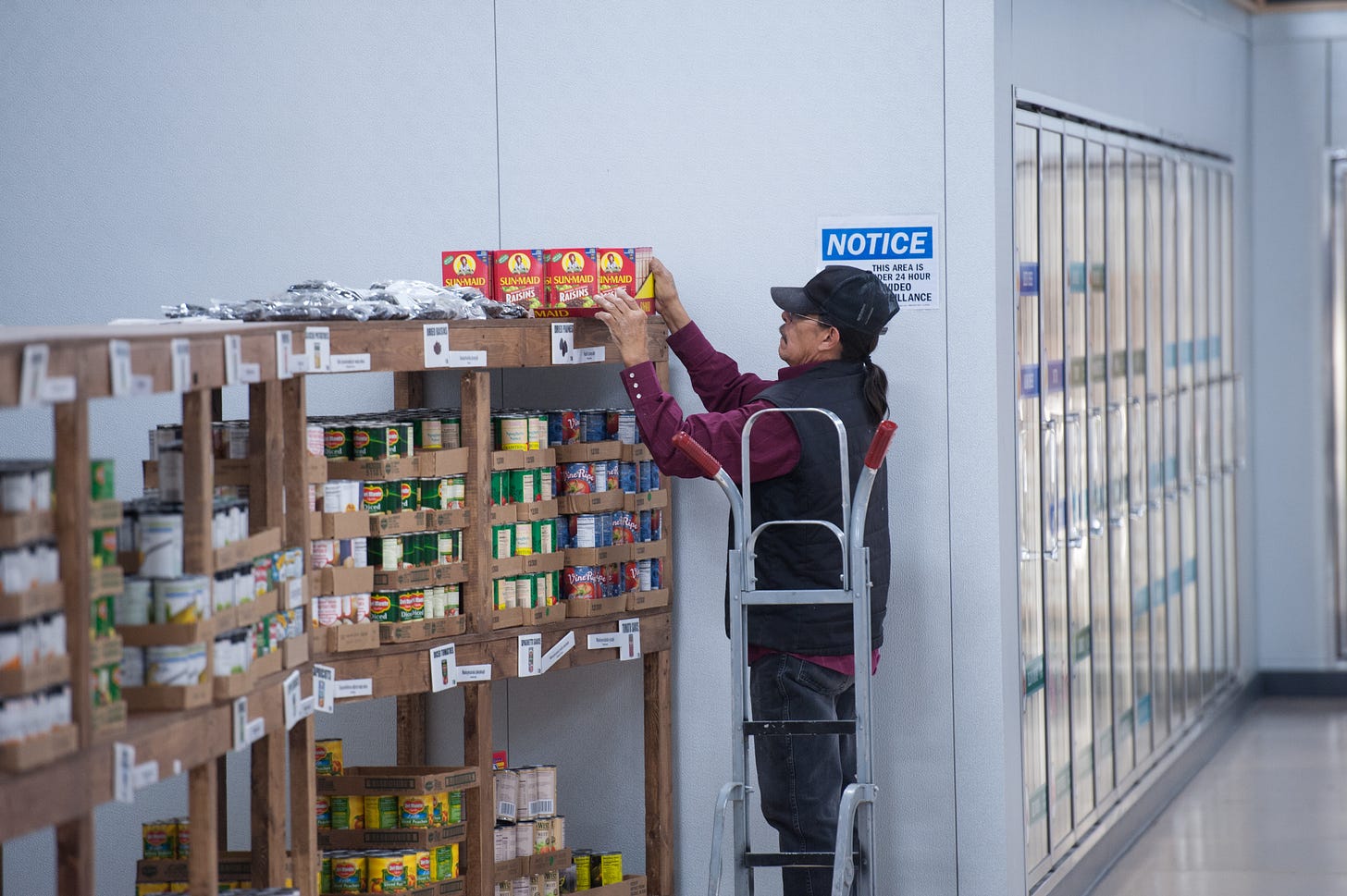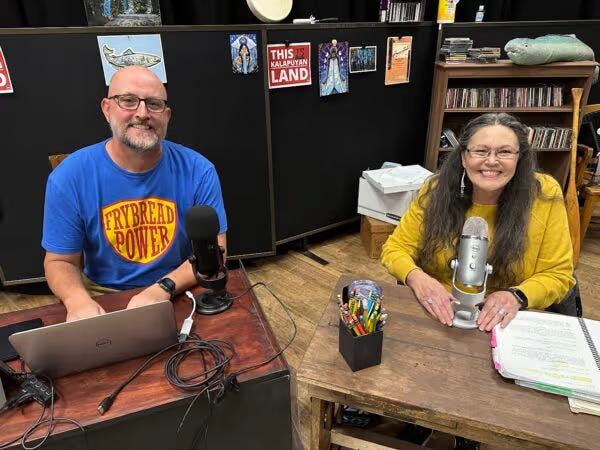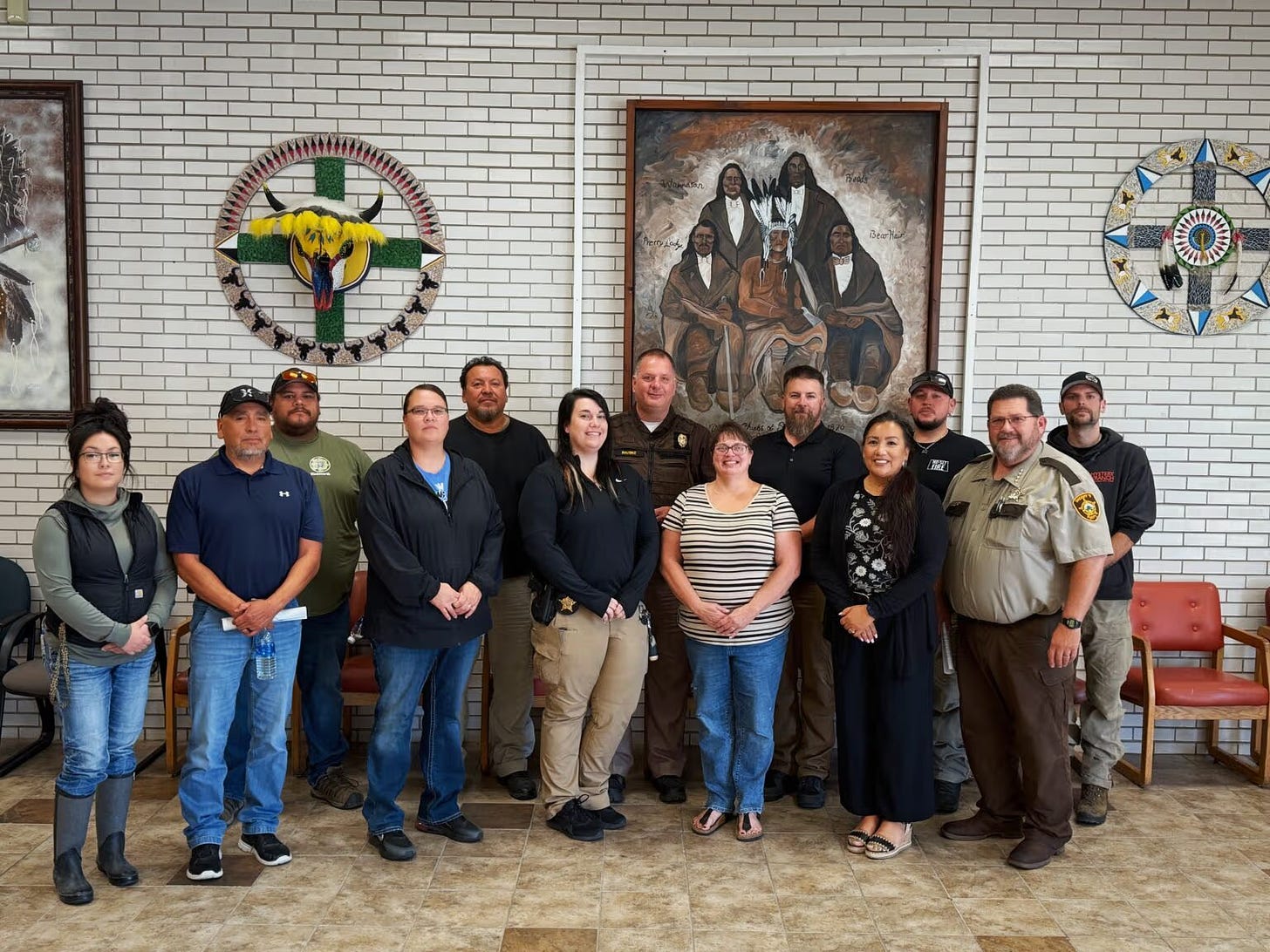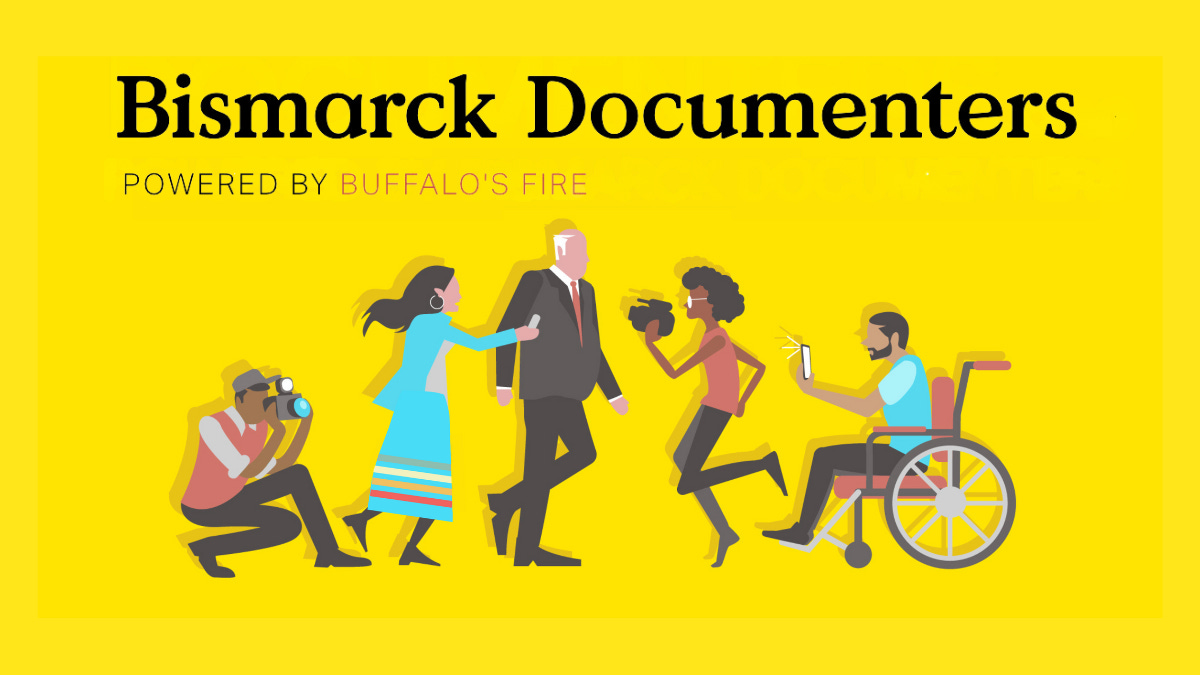When systems fail: How Native communities are navigating the federal shutdown and other crises
Tribal leaders bracing for SNAP interruptions step up with emergency plans, a tribe forms a team to respond immediately to emergencies and playwrights tackle Native life during pandemic and wildfires
Prolonged federal government shutdown spurs tribes to declare states of emergency
The Spirit Lake Tribe and the Standing Rock Sioux Tribe say several key programs will be affected
By Brian Bull

On Oct. 22, with the federal government shutdown nearing its fourth week, the Spirit Lake Tribal Council announced a state of emergency, saying that interruptions to the Supplemental Nutrition Assistance Program would begin Nov. 1 due to lack of federal appropriations. The tribe has since issued an update urging citizens who want to switch from SNAP to the Spirit Lake Food Distribution Program to close their SNAP case and apply for the tribe’s program by Oct. 28.
‘BlueJay’s Canoe’ tackles Native life during pandemic and wildfires
Dramatic play reveals power of Indigenous stories and community
By Brian Bull

The great shadow hovering over much of the story in “BlueJay’s Canoe” is the COVID-19 pandemic. One real life incident was worked into the script: When Seattle’s Indian Health Board requested more personal protective equipment from government partners in the early stages of the pandemic, they received a shipment of body bags instead.
Spirit Lake’s Incident Command Team is a model for tribal emergency response
‘Nobody is coming to save us but us’: After Isaac Hunt and Jemini Posey went missing, the Spirit Lake Tribe built its own 40-expert response team, creating an alert system and saving lives
By Jolan Kruse

Since forming the Spirit Lake Incident Command Team a year and a half ago, the Spirit Lake Tribe said they’ve been able to immediately respond to emergencies on the reservation. The tribal-led response team has located missing people, solved a water crisis and created an emergency alert system for citizens.
Bismarck Documenters attend national summit, plan local meet ups and orientation
By Daniela Aki
The Bismarck Documenters site management team attended the Documenters Summit in Chicago last week. Castle Fox and I were accompanied by Jodi Spotted Bear, executive director of the Indigenous Media Freedom Alliance and the editor in chief of Buffalo’s Fire. We joined site managers from more than a dozen cities to discuss components of the national program and came away with ideas to help documenters become more civically engaged and to strengthen our own local program.
Bismarck Documenters will hold a meet and greet in November, as well as an orientation for those who want to join the team. Details will be announced in the coming weeks. Also, look for a Documenters feature in next week’s newsletter, highlighting one of our local documenters.
We look forward to working with our community members, teaching about our rights and responsibilities in public meetings and how information gathering and sharing can strengthen communities, one documenter at a time! For more information, reach out to me at daniela@imfreedomalliance.org or to Castle at castle@imfreedomalliance.org.
Civic tip of the week:
Make contact. Email or call one of your reps. Ask a question, give feedback or just say, “Hey, I live in your district.” They work for you.
The Daily Spark – quick, must-read micro stories to start your day
Our Daily Spark feature delivers news summaries each day to give you a quick overview of current events in Indian Country. The format prioritizes brevity, providing key updates in short, digestible summaries. This makes it a valuable resource for quickly grasping important developments on a broad range of issues affecting Indigenous communities.
Here are some of the stories you may have missed this week:




It's great to see and long overdue. Welfare is oriented to making people lazy and dependent. I was raised a working Indn. I've never been on welfare. I've quit jobs with notice to keep to my SunDance obaghi. I made a commitment, did not take up a hobby; especially at the white culture's allowing. We are Nations; we must act like it. I've been a successful Native Traditional Rights activist since I was 6. It is good to feel like I'm riding point, not just doing what's needed alone. Mitakuye oias'in.